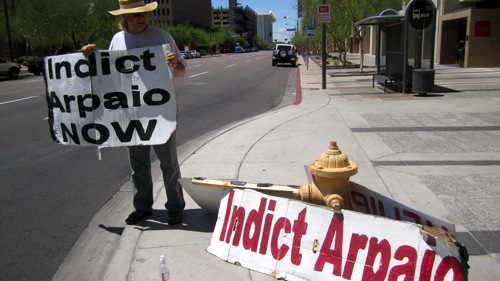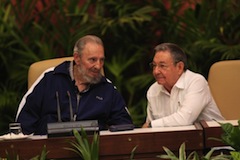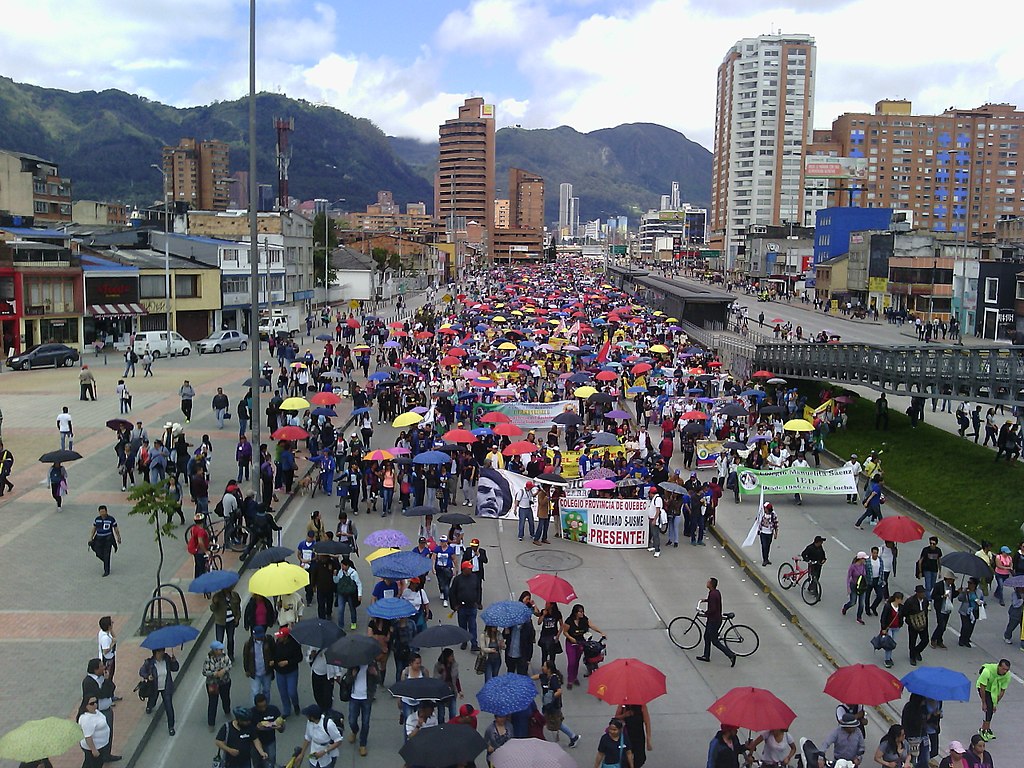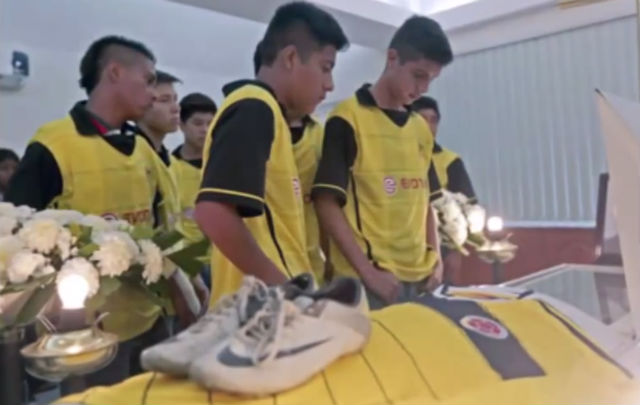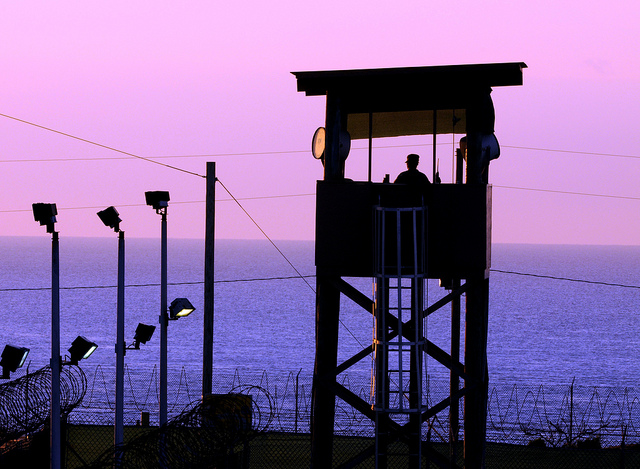
Caribbean, Cuba, Latin America: Week in Review, North America, United States
Political Agendas Delay Promised Guantanamo Transfers
October 1, 2014 By Staff
Top Story — On Monday, the Organization of American States Secretary General José Miguel Insulza issued a statement urging member nations of the Americas to help resettle Guantanamo detainees. U.S. President Barack Obama’s goal of closing the prison, however, looks increasingly uncertain.
Although 79 of the detainees are approved for permanent release, the pace of prisoner transfers from Guantanamo to other countries has come to an almost complete stop this year. A slow Pentagon approval process is largely responsible for the backlog. Defense Secretary Chuck Hagel has the ultimate say in the transfer of any of the 149 prisoners still held at the Cuban-based detention camp.
Further transfer setbacks occurred when Uruguay, one of the only two Latin American countries that has agreed to take detainees, announced they would have to postpone impending transfers.
Back in May, Uruguayan President José Mujica offered for his country to accept six of the detainees, but now is waiting until after late-October elections to proceed. Mujica’s chosen succesor Tabaré Vázquez faces a close contest with conservative National Front candidate Luis Alberto Lacalle Pou, who has stated he is “totally opposed” to accepting prisoner transfers from Guantanamo.
Thus far, El Salvador is the only country in the region to have accepted detainees within its borders. Two former Chinese citizens were transferred to El Salvador in 2012, though they have since resettled in Turkey.
A list of all the current and former detainees and their statuses can be found at The New York Times.
Headlines from the Western Hemisphere
North America
- Three soldiers have been charged with homicide in connection with the June killings of 22 people in San Pedro Limón, Mexico. However, despite the charges, human rights advocates are questioning the veracity of the government’s version of events.
- Some Latino immigrant rights organizations are actively opposing several Democratic Senate candidates because of dissatisfaction with the party’s response to the unaccompanied minor crisis.
- At least 14 of the over 50 missing Mexican students have been found, as the police search continues.
Caribbean
- Newly declassified documents reveal that nearly 40 years ago, Secretary of State Henry Kissinger drew up secret contingency plans to “smash Cuba” with airstrikes.
- A priest in Puerto Rico has been accused of “improper conduct with a minor,” the latest in a series of sexual abuse accusations against Latin American clergy.
- Haiti is seeking funds to build an ambitious luxury resort destination, but has struggled to attract investors to the impoverished and crime-ridden country.
- The foreign minister of the Bahamas said his country is “committed to stop illegal immigration.” Haitians have long used the Bahamas as both a transit point to reach the U.S. and as a place to settle.
- Agencies in Cuba are promoting female entrepreneurship in rural regions of the country.
Central America
- The proposed construction of a canal in Nicaragua will destroy forests and displace indigenous communities, according to Danish NGO Forests of the World.
- A Guatemalan court will open a trial today against a former police official accused of killing 37 people in 1980. Among the victims was Rigoberta Menchu’s father.
- Costa Rica’s finance minister announced he will present a bill to increase sanctions against contraband smugglers. The bill proposes prison terms of up to 15 years.
Andes
- Current Bolivian President Evo Morales is expected to win re-election in a landslide on Oct. 12.
- Venezuelan President Nicolas Maduro justified his seizure of a Clorox factory after the U.S.-based company closed its doors in reaction to tight government controls.
- In Venezuela a local church’s campaign to grant historic, national legend Dr. José Gregorio Hernández sainthood has sparked a national debate.
- A new photography book captures the relatively unseen and unique community of Mennonites in Bolivia.
Southern Cone
- Continued violence lead by Brazilian prison gang First Capital Command (PCC) has lead to concerns about dire prison conditions jeopardizing public safety.
- President Cristina Fernandez criticized the court decision to hold Argentina in contempt for debt practices, calling the U.S. judge responsible “senile.”
- In an interesting analysis, the Washington Office on Latin America compared the similarities between police militarization in Ferguson, Missouri and Brazil.
Image: The National Guard, CC BY 2.0
Subscribe to Today in Latin America by Email

